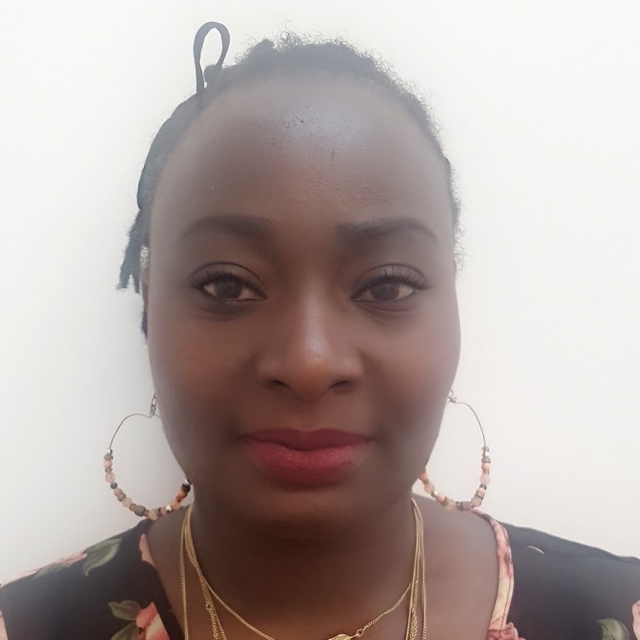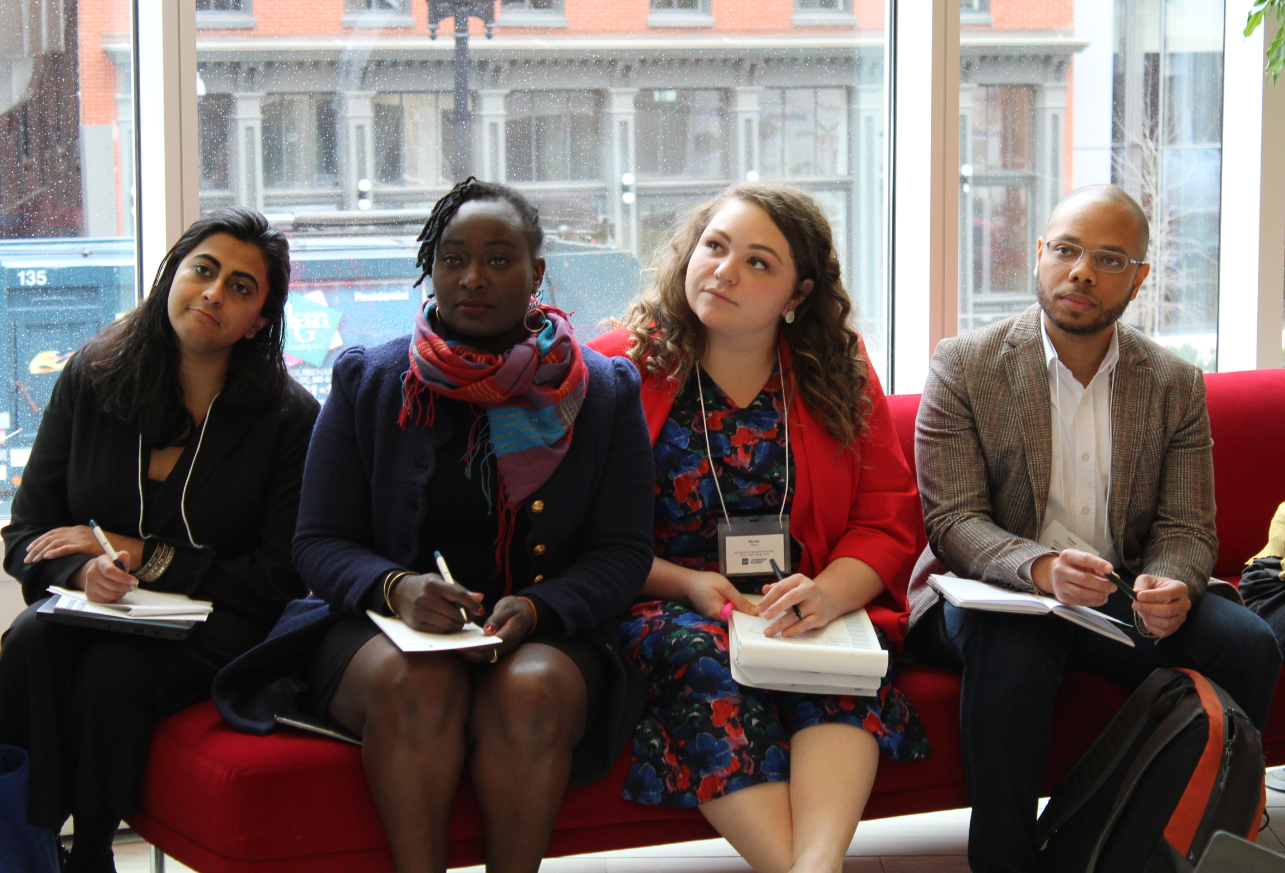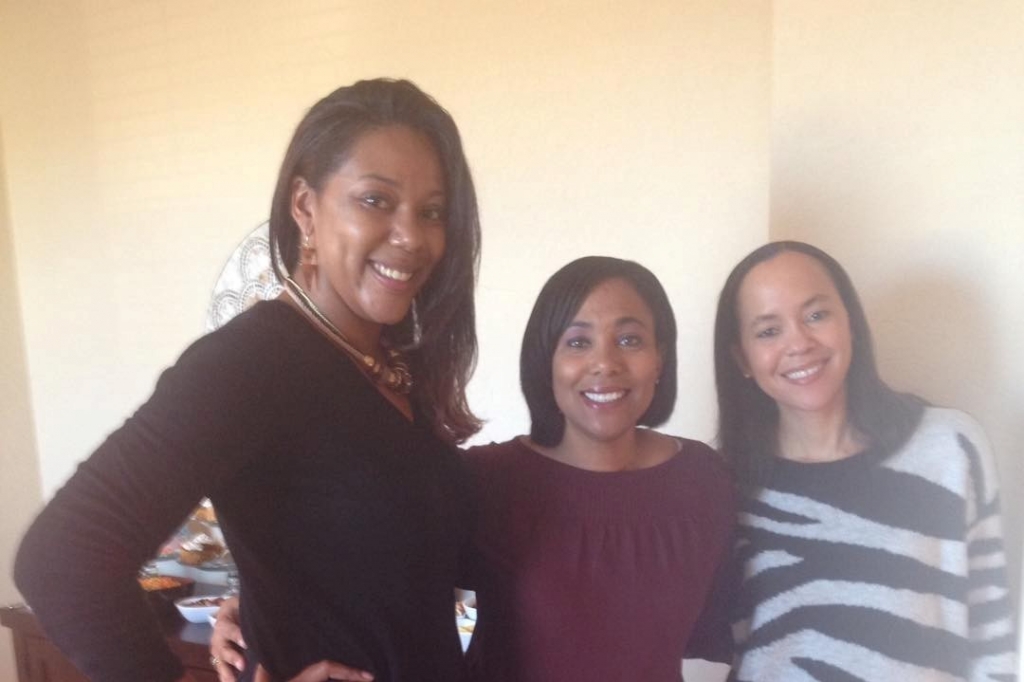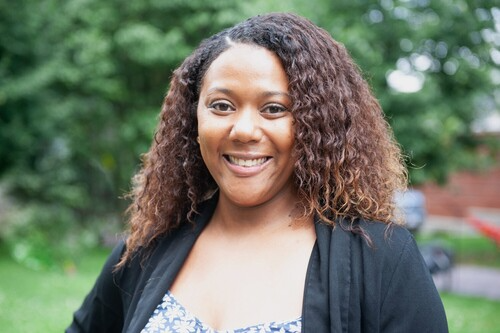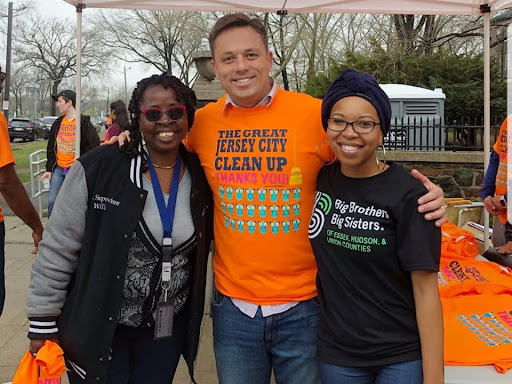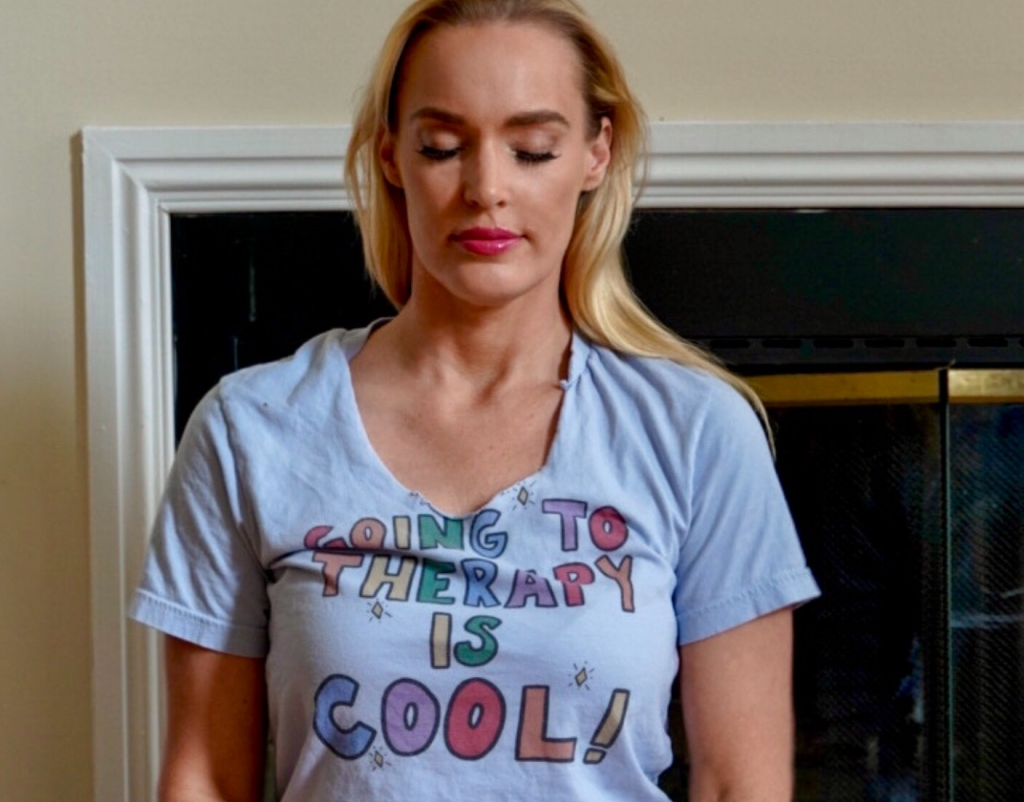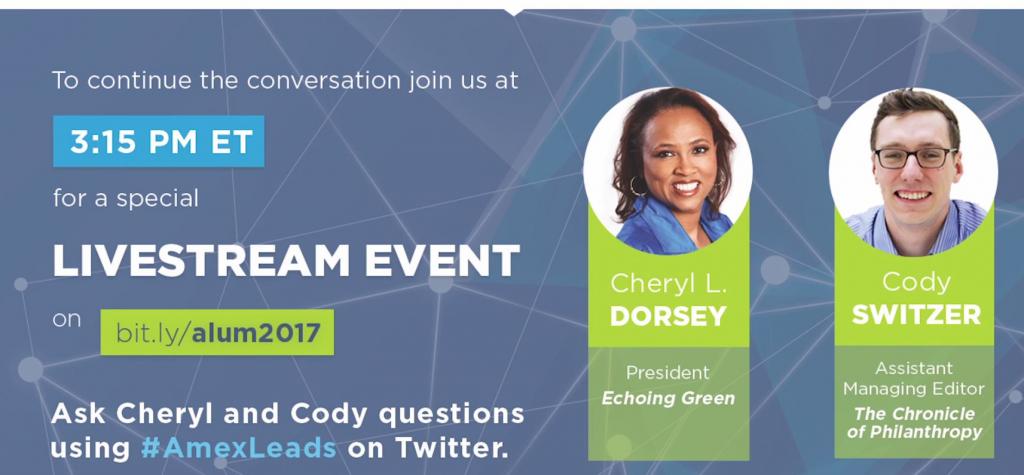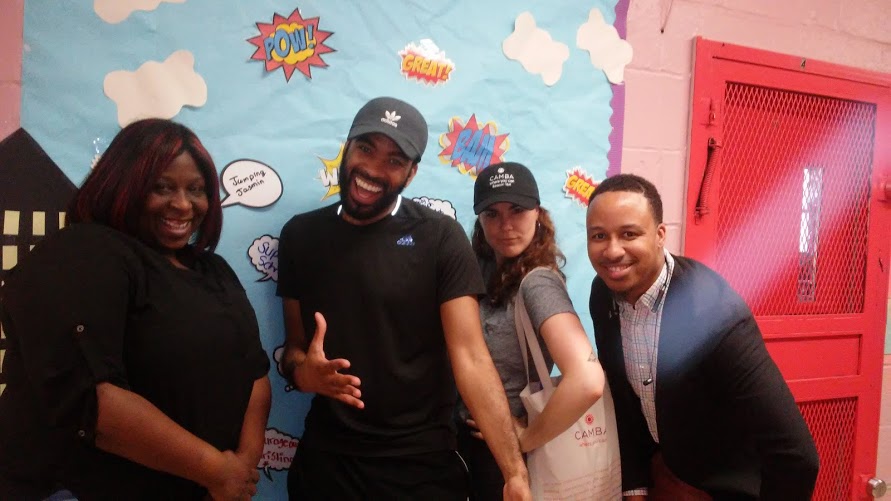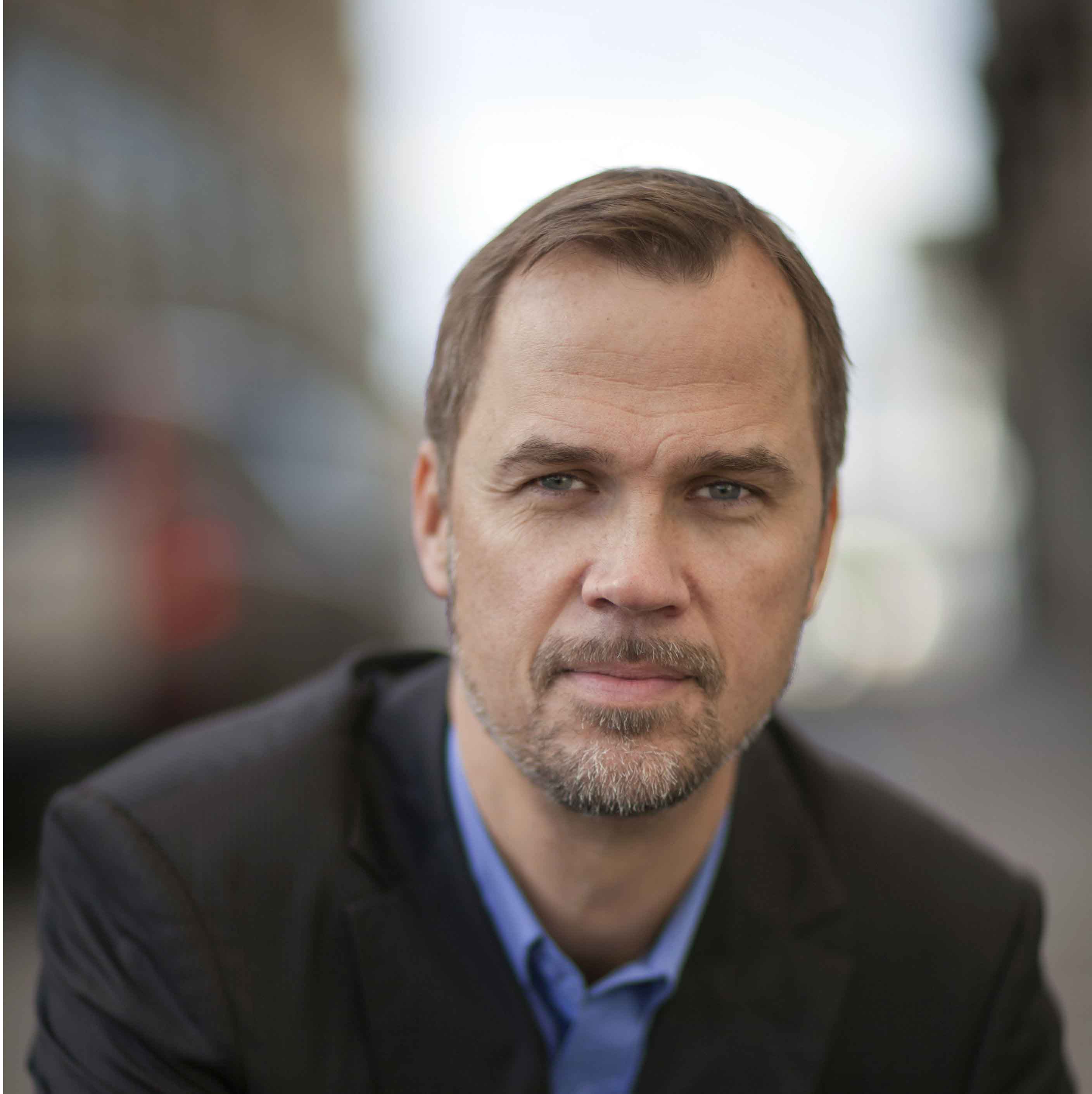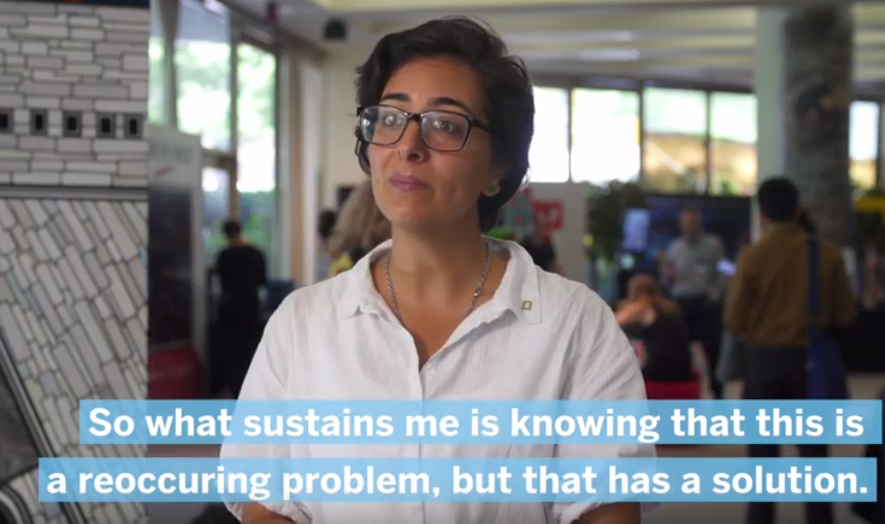
In this Leadership Journey, Njeri Muturi, Curriculum Developer at Points of Light, shares her pathway into the "for purpose" sector and how she learned to approach leadership with a team.
I grew up in a small community in Kenya where everyone knew and helped each other in times of need. I learned from a young age that giving back is important. My parents and people in my neighborhood helped me understand a fundamental value I hold: When you find it in your heart to do good, you find goodness within yourself, and happiness within others.
I have always wanted to be in a sector that motivates me to get out of bed in the morning. With nonprofit work, I have found my purpose. I chose this path because I wanted a life of balance, and to be able to join forces with other people within the sector to change lives. In the 21st century, there is so much to do. The social issues affecting people are many, but I believe my contribution helps us toward a better future. My hope and faith that there is light at the end of the tunnel are what keep me here.
Tell us about your work, what excites you most?
I work in the education sector where I try to inspire students and help them achieve success and advance their path, and to become community ambassadors that create impact through community service. This work has definitely had a great impact not only on the young people, but also on me personally. Creating a culture that encourages collaboration helps generate lasting solutions within communities and builds community members’ knowledge and skills. By helping my community develop their skills and leadership, I have also built my own social networks that have made lasting relationships for change. Seeing someone grow or a community level up are my most proud moments.
Creating a culture that encourages collaboration helps generate lasting solutions within communities and builds community members’ knowledge and skills.
What is your leadership style at this stage in your career? And what have you learned about your approach?
I am someone who is always energetic and on fire to get things done. Often, that means I take up responsibilities on my own because I felt my peers couldn’t keep up with the speed or maybe meet my expectations. Not surprisingly, I have had situations where I have failed to meet deadlines and the workload ended up piling up.
I’ve learned that Mecca was not built by one man. For me to succeed as a leader, I need to work with my team to achieve our set goals faster, effectively and with efficiency. I have learned to involve my colleagues in tasks and to delegate. This has definitely changed my work ethics and my leadership style.
I know now that leadership is a community act. I’m lucky to have had supports: I have been an Atlas Corps Fellow and am an alum of the American Express Leadership Academy. The impact on my career has been tremendous. I met global leaders who shared the same vision and mission as I do. Now, I can rely on some of them for any assistance or contribution to ideas in any field of development. This has enabled me to improve my skills both at and outside work, through continuous networking with these alumni. I am a better leader now. The lessons I learned through the Fellowship and the Academy will stay with me forever.
For me to succeed as a leader, I need to work with my team to achieve our set goals faster, effectively and with efficiency. I have learned to involve my colleagues in tasks and to delegate.
Our world is changing every day, and professional directions are trending in a different way, so professional development support is crucial in order to ensure that leaders maintain and enhance their knowledge and skills. We need help to stay relevant and up to date as we deliver services to customers, communities and clients.
What specific leadership development supports or tools have had an impact on you?
For me, not having a clear team purpose is a big barrier. Purpose causes motivation and drives one to achieve set objectives. If a team lacks purpose, then its very existence is in doubt. Purpose requires clear communication.
One of my favorite tools is the Center for Creative Leadership’s Situation-Behavior and Impact (SBI) Model for feedback. It taught me how to deal with constructive (or negative) feedback from superiors, and to give my colleagues feedback. I have shared this skill with my colleagues and friends and it has changed a lot of how we handle decision-making, give feedback, and our work relations. It requires assessing the Situation, Behavior and the impact of the person receiving the information.
Networking and connecting with others is another way I have improved my leadership and my approach to my work. I have remained an active number of the Atlas Corps and American Express Leadership Academy Alumni networks, the Women in Foreign Policy Network, and the Nexus Global Community, among others. It is through connections and information-sharing with others that I am able to continue pushing for change in our society.
I’m grateful for the doors opened by the leadership development supports I’ve received. I was recently given an opportunity to speak at the 2019 Students’ conference at the University of Notre Dame’s Kroc Institute on Public Administration and Peace. Additionally, I have been awarded the 2019 Emerging Woman Leader in Higher Education by the American Council on Education. At the United Nations’ 2019 conference on “Our Crisis Our Planet, What’s next?” I was recognized for my winning poster on the environmental crisis.
What do you do for self-care?
I love reading books, writing, playing tennis, and traveling for adventure. If I was paid to do that, I would do it 365 days, but then again, I love the work I’m doing. Abraham Lincoln said, “The best way to predict the future is to create it.” This is my inspiration as I continue to strive to create a better future for the next generation.

